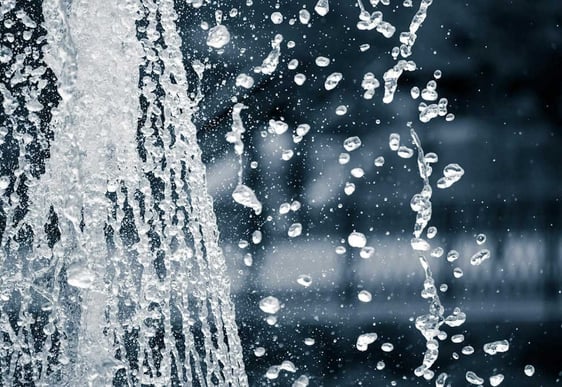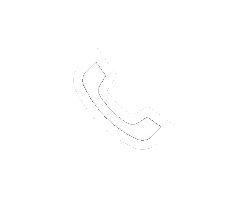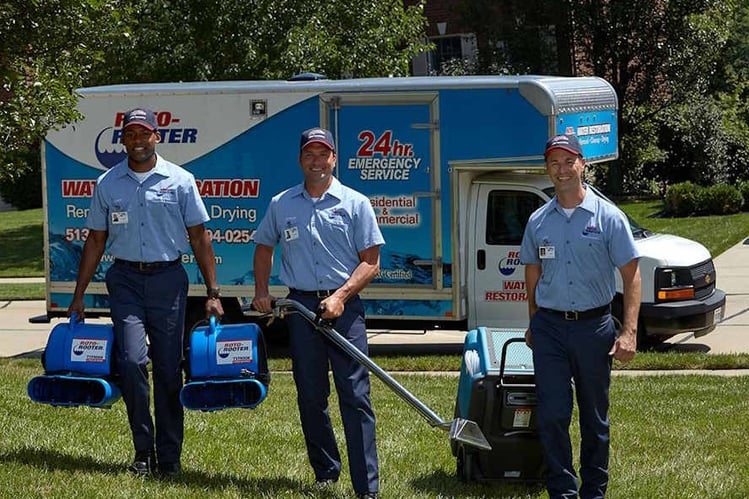Roto-Rooter Blog
YOUR BABY AND HARD WATER: What Every Parent Should Know
As a parent, you want the best for your baby. From the food they eat to the air they breathe, every aspect of their environment matters. One often overlooked factor is the type of water your little one encounters daily. The hardness or softness of water can have surprising effects on your baby's well-being, influencing everything from their skin health to the clothes they wear.
Understanding the difference between hard and soft water is crucial. Hard water contains high levels of minerals, primarily calcium and magnesium, while soft water has a lower mineral content. Although both types are generally safe, they interact differently with your baby's delicate skin and can affect their daily care routines in various ways.
When it comes to skin contact, hard water can pose some challenges for your baby. The minerals in hard water tend to leave a film on the skin, potentially leading to dryness and irritation. This residue can be particularly problematic for infants prone to eczema, as some studies suggest that hard water may exacerbate this condition. Moreover, hard water can make your baby's hair feel rough and appear dull, making post-bath hair care more difficult.
Drinking hard water presents its own set of considerations. While the minerals in hard water are generally not harmful, excessive amounts may not be ideal for infants. Some babies might also find the distinct taste of hard water unpleasant, potentially affecting their willingness to stay hydrated. Additionally, hard water can impact the preparation of powdered formula, potentially altering its dissolution and nutritional balance.
Soft water offers several benefits for your baby's skin health. Without the mineral residue left behind by hard water, soft water is gentler on sensitive skin. Many parents report improvements in their baby's eczema symptoms after switching to soft water. Bath time becomes more pleasant too, as soft water allows soaps and shampoos to lather more easily, making the process more efficient and potentially less irritating for your little one.
The advantages of soft water extend beyond skin care. Clothes washed in soft water tend to feel softer and retain their color better, which is particularly beneficial for a baby's sensitive skin. Soft water's lower mineral content also means a more neutral taste, which some babies may prefer when drinking or taking formula.
Given these benefits, many parents consider installing a water softener in their homes. A water softener can significantly reduce the risk of dry skin and irritation for your baby. It can also make bath time more effective, allowing for easier rinsing and more efficient use of bathing products. Laundry becomes more manageable too, with softer clothes and bedding that are less likely to irritate your baby's skin.
A water softener can improve the efficiency of your household appliances. It reduces scale buildup in bottles, bottle warmers, and humidifiers, ensuring these items remain clean and functional for your baby's use. This can lead to longer lifespans for water-using appliances, saving you money and hassle in the long run.
While both hard and soft water are generally safe for babies, the gentle touch of soft water may offer distinct advantages for your little one's comfort and care. If you live in an area with hard water, investing in a water softener could be a worthwhile consideration for your family's well-being.
It's important to remember that regardless of water hardness, the most crucial factor is ensuring that your baby's water is clean and safe to use. Regular testing and proper maintenance of your water system should always be a priority. As with any decision regarding your baby's health, it's advisable to consult with your pediatrician about any concerns you may have about your water quality and its potential effects on your little one.
Understanding the nuances of water hardness empowers you to make informed decisions about your baby's environment. Whether you choose to soften your water or work with what you have, being aware of how water interacts with your baby's delicate skin and daily needs allows you to provide the best care possible for your precious little one.
Contact Us Today
Avoid letting plumbing issues interfere with your activities. Roto-Rooter offers dependable and effective solutions for all your commercial plumbing requirements. Reach out to us today to arrange an inspection or to discover more about our services.


'Hard Water Solutions by Roto-Rooter'
(video below)


Greater Chattanooga, Ooltewah, Hixson, including Hamilton County, Meigs County, Rhea County, Tennessee
(423) 855-1212
Calhoun, Georgia, Gordon County
(706) 235-7076






